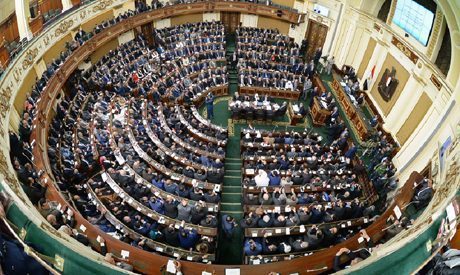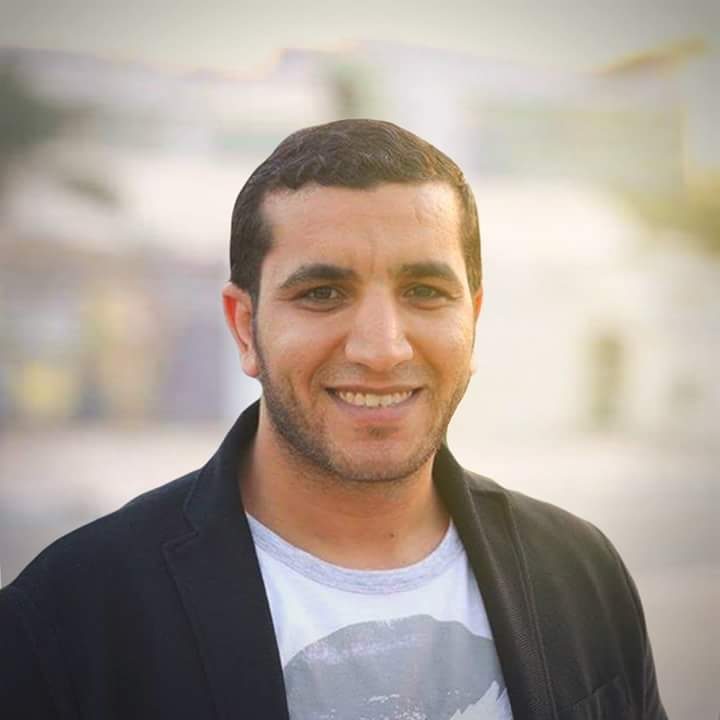
Egyptian right organizations have called on the parliament to reject a cyber-crime bill which imposes heavy penalties on online crimes committed via the internet.
In a report titled, ‘Anti-technology’, the Association for Freedom of Thought and Expression (AFTE), the Egyptian Initiative for Personal Rights (EIPR) and Support for Information Technology Center (SITC) have said that the bill would have negative repercussions on the rights and freedoms of internet users in Egypt. They also added that it would also hurt the country’s economic, civil and political robustness.
The report stated that the bill focuses on creating new penalties based on how an alleged crime is committed rather than the nature of the crime itself. The bill “loose drafting” of the bill uses “weak and inaccurate definitions” as mentioned in the report.
The report reads, “It is like attempting to draft different penalties for murder by firearms and murder by sword, claiming that the advent of gunpowder led to new crimes, whereas the crime remains the same; ie: murder, regardless of how it was committed.” For instance, anyone who will be convicted of “inciting protests” online will face heavier penalties than those who would engage practically in protesting and demonstrations.
In the same context, the penalty for “contempt of religion” published online can reach to a life sentence in prison, compared with a five-year sentence if the same crime were committed on TV channels, for example.
The report put a spot light on Articles 11 and 23 of the bill as the “most dangerous” as they tend to impose “extremely harsh penalties” including rigorous prison sentences and high fines on anyone convicted of committing “public order crimes” online.
A minimum prison sentence of three years is imposed and a 100,000 Egyptian Pound ($11,265) fine on anyone found guilty of creating a website with the aim of inciting any crime as stipulated in the Penal Code, Article 11.
Moreover, Article 23 stated that penalties could reach up to life imprisonment if any of the crimes mentioned in the bill were committed with the perceived aim of endangering the safety and security of society, endangering the lives of citizens, preventing or obstructing the work of public authorities, disrupting the provisions of the constitution, insulting heavenly religions or attacking rights and freedoms.
Last month, the independent MP Tamer al-Shahawy, proposed a bill that threatens the work of online press agencies, increasing the sometimes arbitrary risks already faced by journalists, the report added. Maj. Gen. Al-Shahawy is a former military man, who was nicknamed “the intelligence falcon” by his supporters for 20 years he spent in the Egyptian military intelligence service before being elected to parliament.
Last week, the office of Abdel Fattah al-Sisi issued a statement stressing the need to “strengthen international efforts to prevent the use of the internet for spreading extremist ideas”.
Since al-Sisi reached power through a military coup in 2013, a massive crackdown on human rights, freedom of press, freedom of speech and at last the freedom of the social media has been reported . Many arrests have taken place as tracked on the internet as a crime against the state. Islam Gawish, a popular Egyptian cartoonist, was arrested in January at his office for allegedly moderating a Facebook page and news website without a permit, as well as “insulting the regime”. Gawish’s cartoons have satirized government figures, including Sisi. He was released a day later with no charges. In addition, Amr Nohan, a 22-year-old Egyptian Facebook user, was sentenced to three years in prison after posting a Photoshopped photo of Sisi with Mickey Mouse ears, in December 2015. Nohan was charged with “attempting to overthrow the regime” in the resulting military trial.
Human rights activists had declared their discontent over the bill. The rights lawyer and head of the Arabic Network for Human Rights Information, Gamal Eid, said, “Five years after the January 25 Revolution, the Egyptian government has yet to learn the lesson and understand the Egyptian people’s mentality, especially the youths who feared neither imprisonment nor the oppressive regime before the great revolution that impressed the whole world. These youths tried to force the state to change its oppressive policy and implement new mechanisms that uphold democracy through the rule of law. However, the current government seems to have failed to learn the lesson and continued its crackdowns.” He added, “Unfortunately, the same police state is still in power. The man behind the new bill — Maj. Gen. Tamer Shahawy — has a military background and therefore cannot grasp the dialogue mentality, as he is used to issuing and executing orders. It is impossible for such a man to accept that the era of totalitarianism is over and that he can no longer silence the Egyptian people.”



